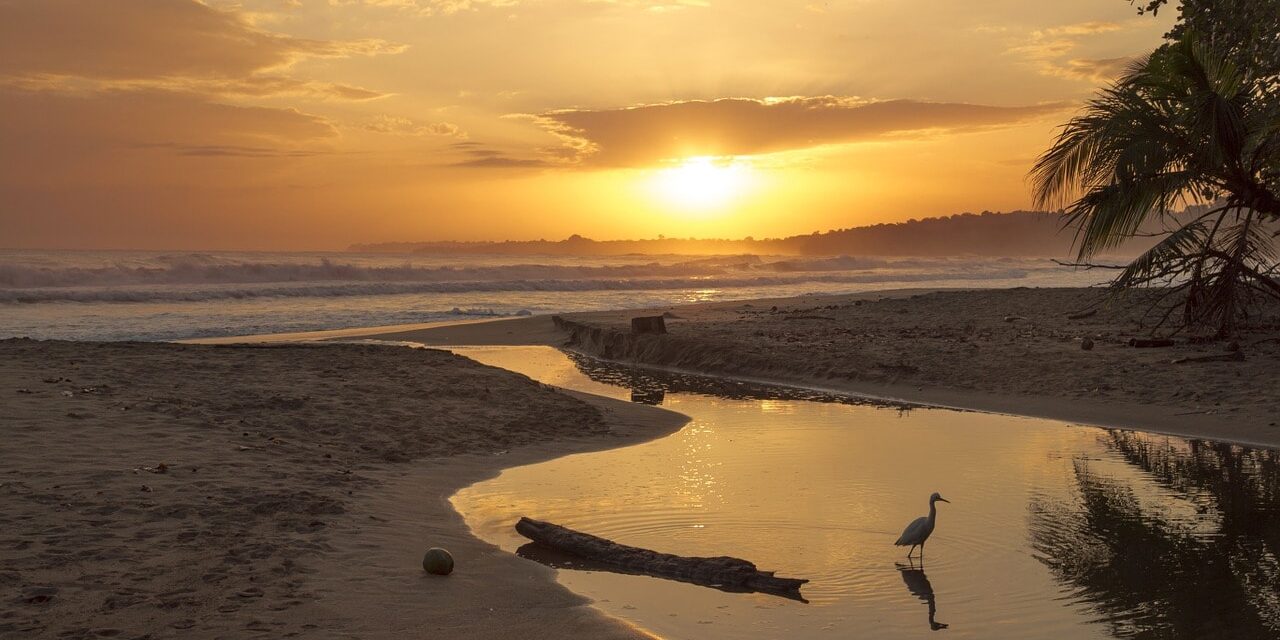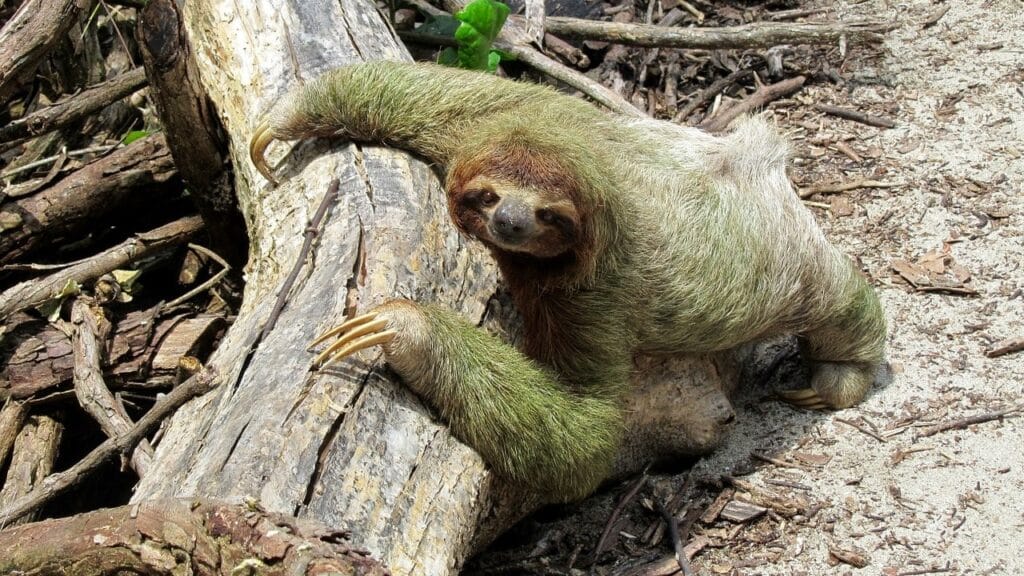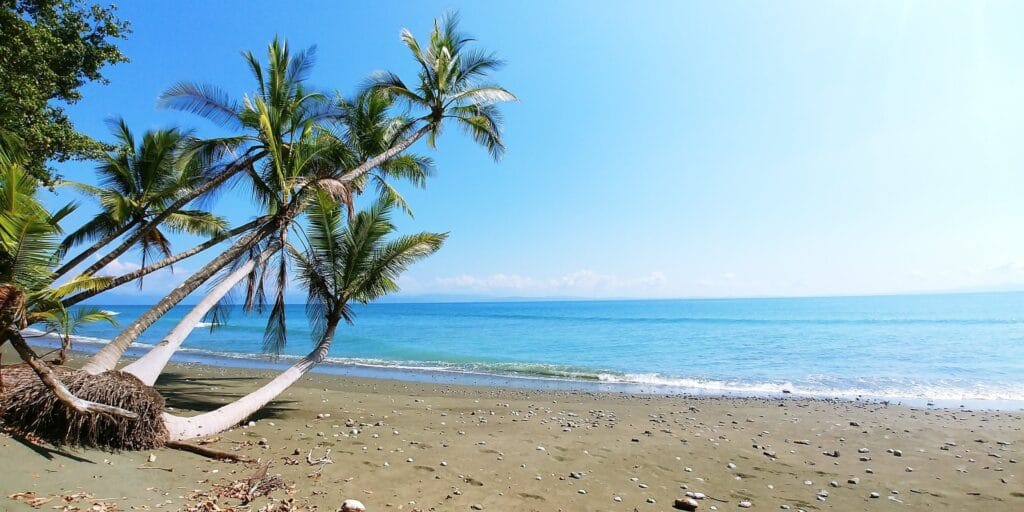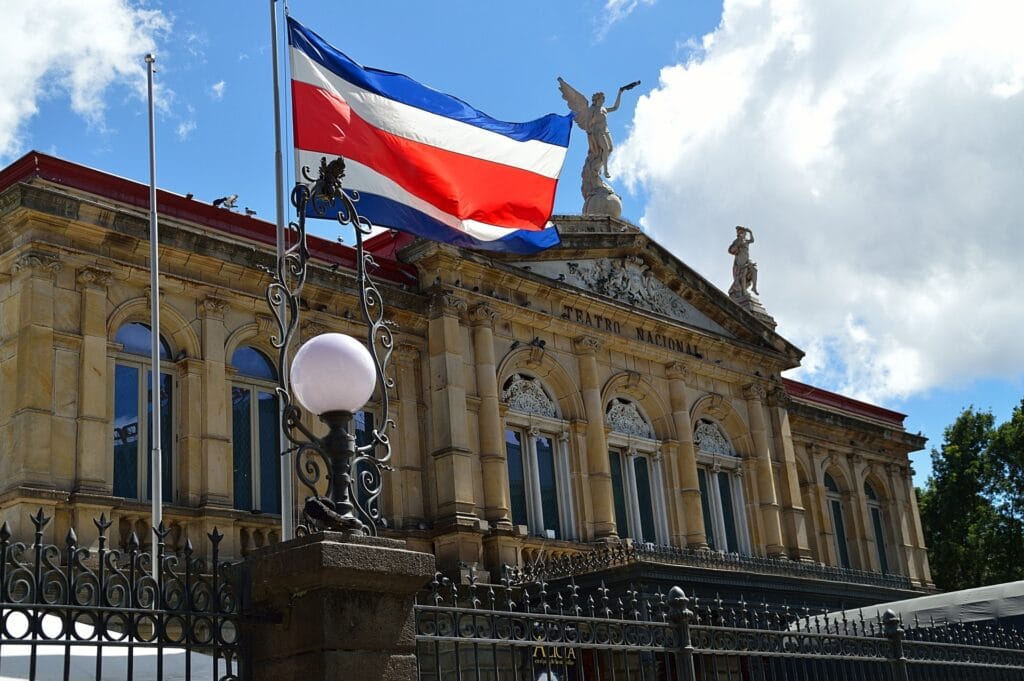Sustainable tourism allows visitors to travel to natural destinations, increases economic gains, and creates a sense of awareness respecting local cultures and traditions.
Despite the business-related issues, the concept of sustainability requires a great deal of hard work and responsibility. To be sustainable means that we care to conserve a system of both local and global resources. A rounded effort is a priority for the strengthening of infrastructure and services, education, and protecting nature from the negative influence of economic growth at different scales.
Sustainable practices aim to preserve resources with the primary intention of being genuinely environmental, also promoting social justice, avoiding damage to the culture, and achieving a healthier economy. This awareness is now part of the socio-cultural aspects of the national tourism industry, like in various eco-conscious countries in the world.
This kind of responsible tourism ensures a positive experience for travelers. Achieving sustainable progress and making a profit out of it sets notable advantages. Based on this idea, the travel industry business model is changing drastically. Organizing and planning later entice investment for sustainability contribution.
The best approach is to educate the children on why they should care for their natural resources and provide the new generations with tools for sustainable practices, including environmental management. Addressing the children is decisive and works as a longer-term move influencing Costa Rican government policy when they push for change in high school, college, and as part of society.
The non-profit organizations consistently participate in the conservation of the natural environment, and after proper research, practices are arranged to sustain habitats, always having respect for the cultural side of a destination. Promoting this industry creates a notion to protect the natural surroundings and wildlife. Responsible tourism is crucial to reduce the impact of tourism on the environment. Tour operators, destination management companies (DMCs), and some other sectors involved, like the hotel industry worldwide, are now settling into the harmonious ways of sustainable tourism.
About Sustainable Ecotourism in Costa Rica
Consciousness increases the potential and environmental benefits of ecotourism. Simultaneously, creating spaces that are in harmony with the environment creates excellent value, as well as the rise of tours surrounded by nature.
Both Monteverde Cloud Forest Reserve and Manuel Antonio National Park are considered models for national ecotourism and sustainable development. These destinations provide critical habitats to various plant and animal species.
The primary reason for ecotourism’s achievements in Costa Rica is the active involvement of the private sector, unique biodiversity, and the connectivity between the comprehensive protected areas network.
While Costa Rica shows inspirational progress, it still struggles in terms of keeping nature safe and honoring a fully sustainable approach to tourism. It is not only the tourism entities that are responsible, but it is a duty for all of us to watch our step and make decisions for the greater good. Noticeable changes will occur after encouraged investments in ecotourism and cultural tourism, small business creation, and facilitating access to finance. Ongoing research and monitoring by the industry focused on valid data collection and analysis are also essential to help solve difficulties and bring value to destinations and consumers.
About the Certification of Sustainable Tourism (CST)
Sustainable balance is not a rhetorical goal for the CST program, which intends to be practical and to improve how social and natural resources are used. It also promotes the active participation of local communities.
The CST program would educate both tourism and nontourism companies in the country to grasp a long-term perspective on the maintenance and safeguard of the citizens and the conditions of the environment.
It is within these contextual aspects that Costa Rica has proactively achieved progress to abstain from the alteration or damage of social, natural, and cultural resources.
Reference: https://www.ict.go.cr/en/sustainability/cst.html
About Costa Rica’s success
Proactiveness differentiates companies that have adopted sustainable practices; it is a smart investment, and by choosing activities with sustainable orientation, some are saving instead of wasting. There are plenty of actions to contribute, such as the use of recycled products, treatment of waste and proper disposal, the installation of water and energy-saving devices, conservation and extension of Costa Rican forests, and implementing systems of information management, among others.
In Costa Rica, green travel is a way of life and a serious matter; nearly 30% of Costa Rica is sheltered as a national park, private reserve, or wildlife refuge. Costa Rica has also established many policies and programs to protect the environment.
Additionally, with Costa Rica’s species diversity and delicate ecosystems as the dominant offer of its appeal to visitors, it’s easy to notice well-carried hotel environmental practices and community projects like clean beach programs. Many hotels include a written sustainability summary with hotel-specific details when providing their information, as they know how important it is.
Costa Rica’s mindset is on becoming carbon neutral. Government officials, communities, private organizations, and role model programs are implementing environmentally friendly tourism throughout the country. Besides, the vast majority of the country’s electricity generation is obtained from renewable sources.
Costa Rica has outstanding standards due to the range of its ecotourism activity and maturity when compared to other developing countries. Throughout the years, the country has earned a well-deserved reputation among the top ecotourism destinations in the world. Costa Rica is positioned as a leader in sustainable tourism due to the diversity of the natural environment, a privileged society, and a prosperous cultural legacy.
In conclusion
Environmentalist movements are turning into a spoiled subject, and some travelers feel overwhelmed by ecological brochures and conservational speeches. It gets irritating and worn out, to the point where the dialogue becomes unapproachable.
Giotours Costa Rica endorses this dialogue, and we like to expose different angles as we rely on experience. The philosophy of enjoying the ride may be slightly spoiled as well, but it is not a concern since living the experience allows you to remain in the present moment.
It is not about finding who is responsible or assigning blame or remorse, but caring for the earth, holding your family, and living life with no regrets. Don’t hesitate to express love to those precious to you, and treat nature the same way. Appreciating life will transcend yourself and everyone around you.










